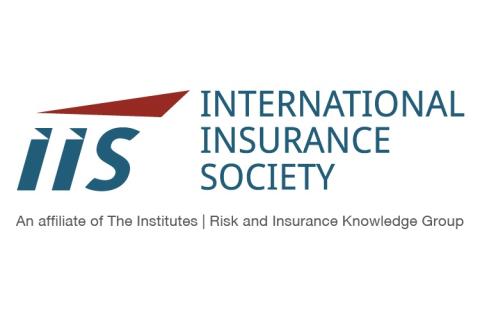Lead Story: Global Concerns Survey: The Economic "Black Swan"
Michael Morrissey, President & CEO, International Insurance Society, Inc.
Each year the IIS and The Institutes conduct a Global Concerns Survey, an evaluation of the issues that keep insurance CEOs awake at night. This survey derives its results from senior life and nonlife executives, brokers, consultants, law firms and other industry thought leaders from every geographic sector of the insurance world. The survey’s outcomes are therefore a valuable measure of industry concerns and priorities.
The survey aggregates industry leaders’ views on five areas of concern: Economic, Political & Legal, Social & Environmental, Technology and Operational. We will write about each of these areas over the next few months, starting this month with Economic concerns.
Respondents cited Economic Development as their #1 Economic concern. Certainly, the growth potential and volatility of emerging markets, as well as the continuity and robustness of growth in developed markets, looms large in every insurer’s planning process. Economic Development was cited as the top Economic concern by 52% of survey respondents.
The second ranking concern was Low Investment Yields, which 41% of respondents flagged as a serious issue. The “lower for longer” investment yield environment has eroded portfolio returns and profit margins, with no real end in sight. Insurers have been driven to increase their alternative asset allocations to offset low bond yields, but whether these strategies have increased risk or not is yet to be determined.
Fear of Recession ranked third among insurers’ Economic concerns, having been cited by 25% of respondents, since the length of the current strong economy in most developed markets has reached historic, and ultimately unsustainable, levels. A small percentage of survey responders mentioned Inflation as a concern (17%), as this traditional bugaboo has been well under control in recent years.
Right now, however, all of these concerns have been far eclipsed by a true Black Swan event, the coronavirus. NYU professor Nassim Taleb popularized the notion of “black swan” events: events that came as a surprise, had a major effect, and were rationalized after the fact as predictable. Examples include the outbreak of World War I, the dissolution of the Soviet Union, the rise of the internet, and the terrorist attacks of 9/11. For pretty much all of us, the coronavirus, or COVID-19, was such a totally unexpected event, and it is surely having a major effect.
There are already nearly 85,000 diagnosed cased worldwide, and the death toll is approaching 3,000. The virus emanated from China, but the economic effect is global. China is itself about 17% of world GDP, and it has virtually ground to a halt. Many US companies depend heavily on China via supply chains and labor: consumer electronics, autos and others. Commodity exporters to China like Australia and Brazil are hurting. The economies most dependent on China, including South Korea, Hong Kong, Vietnam and others, have been hit hard.
Additionally, global stock markets have been hammered. Airlines have cancelled flights to and from China, and cruise lines have been hurt badly, but now the disease has reached North America and Europe as well, so the economic carnage is not confined to Asia. Major events are being cancelled; not just business and entertainment events, but even military exercises.
When and how this is resolved is far from clear. What is clear, though, is that when assessing major concerns, such as in a survey like ours, you can enumerate the “known unknowns” like those mentioned by our respondents, but you just can’t predict an “unknown unknown” like COVID-19, a classic Black Swan that can very quickly become concern #1.

